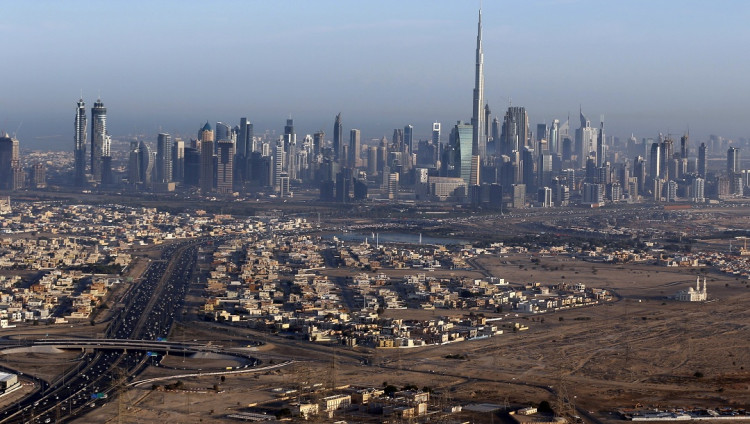After 12 long years, the Barakah Nuclear Power Plant (BNPP) -- the Arab world's first commercial nuclear power plant -- located along the Persian Gulf coast in the Gharbiya region of Abu Dhabi will become partially operational within the next few weeks. Full operations of the first nuclear rector is expected within the year.
BNPP is also the United Arab Emirates' first nuclear power station and the first nuclear power plant in the Arabian Peninsula. The UAE becomes the first country to launch a nuclear power plant over the past three decades after China in 1990.
BNPP consists of four APR-1400 nuclear reactors with a total generating capacity of 5,600 MW. The reactors were supplied by Korea Electric Power Corporation (KEPCO). Once they all become operational this decade, BNPP's four nuclear reactors will contribute 25% of the UAE's energy needs.
BNPP is owned by the Emirates Nuclear Energy Corporation (ENEC) and operated by Nawah Energy Company, an ENEC subsidiary. BNPP is a joint venture project between ENEC and KEPCO. It cost both partners $24.4 billion to build.
To enter commercial operation (perhaps by March) will be Barakah's Unit 1 reactor. Unit 1 is expected to produce 1,400 megawatts (MW) of electricity. Barakah's four reactors will together generate 5,600 MW of power and will prevent 21 million tons of carbon emissions every year. Once Unit 1 is switched-on, the UAE will become the newest member of an an exclusive club consisting of only 30 countries running nuclear power plants.
Nawah can start initial power production by May or June of this year, said Christer Viktorsson, director-general of the Federal Authority for Nuclear Regulation (FANR), the UAE regulator. Reaching the first reactor's full production capacity will take eight to 12 months if all tests go well, he said.
Clearing the way for Unit 1 going online is the granting of its operating license on Monday by FANR. The operating license covers 60 years and allows Nawah to start loading nuclear fuel.
"Today's announcement is another milestone for the UAE, culminating efforts of 12 years towards the development of the UAE Nuclear Energy Programme to which the Federal Authority for Nuclear Regulation (FANR) played a significant role to turn this vision into a reality," said Hamad al Kaabi, the UAE's permanent representative to the International Atomic Energy Agency (IAEA). Al Kaabi is also FANR's deputy chairman.
"The nuclear energy plan includes the laws and regulations and conforms to standards of the IAEA and international best practices."
FANR granted the license after years of extensive reviews and inspections. Among the stringent safety measures were more than 185 inspections and reviewing 14,000 pages of the plant's operating license application. It also included more than 2,000 additional pieces of information concerning reactor design, safety, geography, and other areas to ensure the plant's compliance with regulatory requirements.





